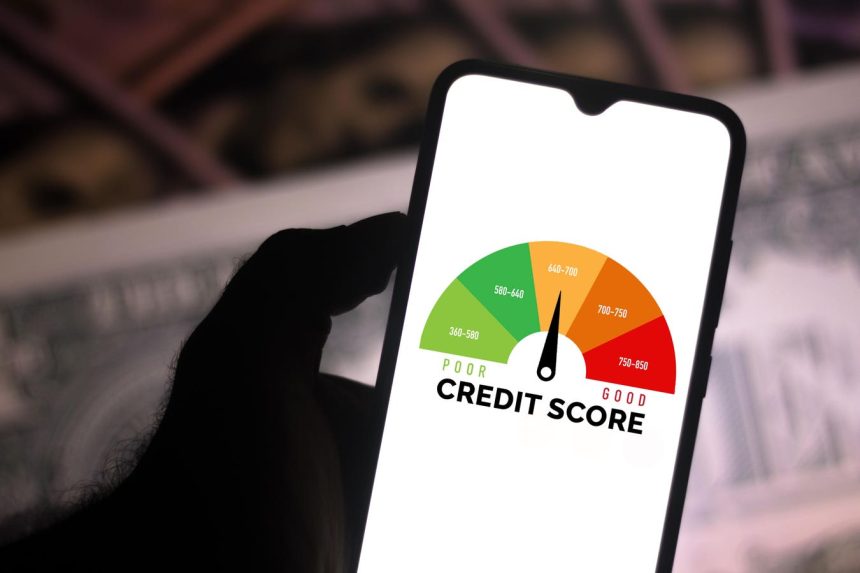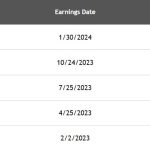The steps required to build credit and achieve a good score are relatively easy to follow. Essentially, you need a product (a credit card, a loan, or a credit-building tool) that reports your account to a credit bureau. From there, making on-time payments, keeping debt levels low, and showing you can handle debt responsibly helps you build credit over time.
Unfortunately, getting started with building credit is often more difficult than it should be. That’s because, by and large, you need a company to give you credit in order to build credit history in the first place. And since lenders typically shy away from approving applicants who don’t have any credit history, this creates a problem for newcomers who need to build credit from scratch.
The Rise Of Credit-Building Apps
If you need to build credit or repair past credit mistakes, you have probably seen the plethora of credit-building apps on the market today. It fact, it seems like every fintech-related company is starting to offer some type of credit-building product.
While each app works differently, most promise to help you build credit by reporting other bills you pay to the credit bureaus, such as your rent payments, subscriptions, or utilities.
One example is Experian Boost, which is a free app that helps build your Experian credit score by getting you credit for paying your cell phone and utility bills, your rent, and your insurance premiums. This app lets you connect applicable bills you pay regularly so they can be reported to the credit bureaus.
Another app called Kikoff lets you start building without a credit check and a small monthly fee of $5. Once you’re approved for an account, you get a $750 line of credit you can use for purchases in the Kikoff store. Payments you make to cover your purchases are then reported to the credit bureaus, which helps you build credit over time. In terms of results, Kikoff claims its past users with a credit score under 600 saw their scores increase by an average of 58 points.
There are also credit-building apps that focus on helping you get credit for paying rent, which is a type of bill consumers have struggled to build credit with in the past. Rental Kharma falls into this category, adding rental history to your credit reports for a setup fee of $75 and an ongoing reporting fee of $8.95 per month after the first month. Rental Kharma claims average users see their credit scores increase by 40 points.
Do Credit-Building Apps Actually Help?
It’s hard to say whether a credit-building app will help your credit in a significant way, especially if you’re speaking about all apps in this category combined. Credit expert John Ulzheimer, who is formerly of FICO
FICO
EFX
He adds that there are scenarios with credit-building apps where adding new information to a credit report could result in a lower score, not a higher score. It all depends on the information being added to a credit report and how it fits into the specific credit scoring model being used.
“Simply adding something new to a credit report is not going to skyrocket your FICO scores,” he says. “It doesn’t work that way.”
Ulzheimer also points out the difference between paid credit-building apps and free apps like Experian Boost. While he doesn’t want to judge how people spend their money, Ulzheimer says people have built credit at no cost for decades before paid credit-building apps came onto the market.
“The old-fashioned method of building a credit report over time is still a free and entirely effective method,” he says. “Every credit card issuer, every bank, every credit union, every mortgage servicer, every student loan servicer…they all report to the credit bureaus and they don’t charge you for doing so. “
There are even credit cards geared toward people with no credit history at all. For example, users can apply for a secured credit card like the Discover It® Secured Credit Card or the Chime Credit Builder Secured Visa® Credit Card without even having a credit score.
There are numerous other secured credit cards on the market today, and they are relatively easy to get approved for with no credit or very limited history on your credit reports. This type of credit card requires a refundable security deposit (as little as $200) to secure a borrower’s line of credit, yet the card issuer still reports balances and payments to the three credit bureaus — Experian, Equifax and TransUnion
TRU
Should You Try A Credit-Building App?
There’s nothing wrong with giving a credit-building app a try, especially if you can do so for free. Even if you only increase your score by 20 to 30 points, that could be enough to help you qualify for a loan. A higher score could even have a positive impact on your auto insurance rates.
However, you will likely make more progress if you build credit through more traditional means, including credit cards, student loans, personal loans, or a mortgage company. From there, you should know the most important factors that make up your FICO scores are your payment history (at 35%) and your credit utilization ratio (at 30%). You can also build credit faster by having multiple types of credit on your credit history, including installment loans, revolving credit, and other types of bills. This move will help you improve your credit mix, which makes up 10% of your FICO scores.
If you decide to utilize free or paid credit-building apps, it probably won’t hurt. Ulzheimer just says that apps shouldn’t be used in place of “garden variety methods” like opening a credit card with a bank or a credit union.
“Your credit reports should not be disproportionately populated with app-based data,” he says.
Read the full article here
















